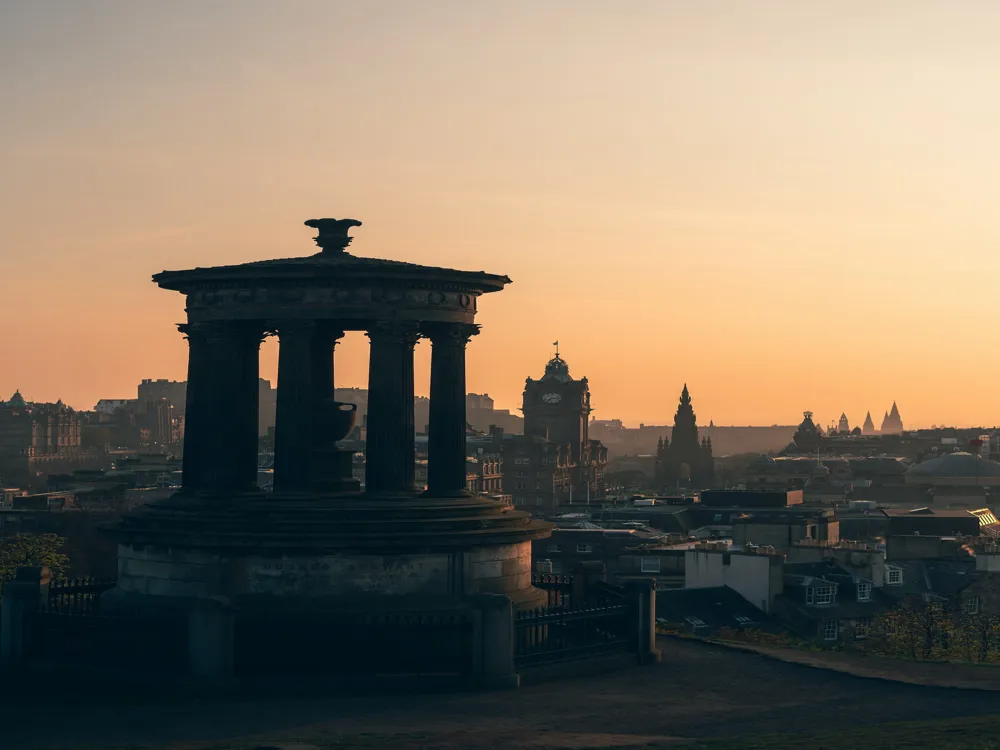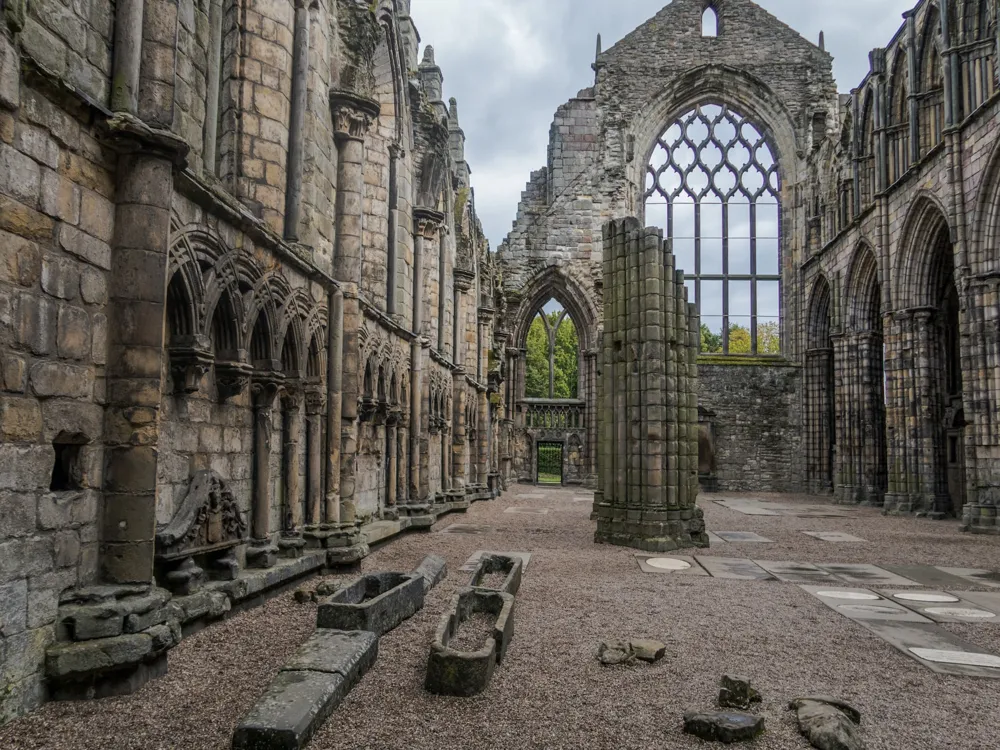The Scott Monument, a prominent Victorian Gothic structure in Edinburgh, stands as a majestic tribute to Scottish author Sir Walter Scott. Towering at 200 feet, it's the second-largest monument to a writer in the world, offering panoramic views of Edinburgh from its viewing platforms. The monument's intricate architecture, featuring 287 steps, is not just a physical feat but also a symbolic journey through Scott's life and works. Its design, by George Meikle Kemp, reflects the rich Gothic revival style of the 19th century, adorned with 64 statues of characters from Scott's novels. Construction of the Scott Monument began in 1840 and was completed in 1844, a little over a decade after Scott's death. It serves as a tangible connection to the past, situated in Princes Street Gardens, against the backdrop of Edinburgh's historic skyline. The monument's significance extends beyond its architectural grandeur; it is a testament to the lasting impact of Scott's literary contributions, which helped shape the Scottish cultural identity. Visitors are often captivated by the intricate carvings and details of the monument, each telling a story from Scott's life or his literary universe. The base of the monument features a grand statue of Scott, accompanied by his faithful dog Maida, inviting onlookers to delve into the world of this literary giant. Each level of the monument uncovers different aspects of Scott's work, making it not just an architectural marvel but also a journey through Scotland's literary heritage. The architecture of the Scott Monument is a marvel of the Victorian era, showcasing the intricate Gothic revival style. The structure stands at 200 feet tall, with narrow winding stairs leading to several viewing platforms. The monument's design is heavily detailed, featuring flying buttresses, pinnacles, and numerous sculptures and gargoyles that add to its grandeur. One of the most fascinating aspects of the Scott Monument's architecture is its dedication to storytelling. It houses 64 statues representing characters from Scott's novels, each meticulously crafted to capture the essence of his writing. These statues are not just decorative; they serve as a bridge connecting the physical monument with the literary world Scott created. The choice of Binny sandstone for the construction adds to the monument's striking appearance. Over time, the stone has weathered to a dark hue, giving the structure an almost ethereal presence against Edinburgh's skyline. The monument's design reflects the mid-19th century architectural trends in Britain, where Gothic revival was at its peak, symbolizing a nation reconnecting with its medieval past and celebrating its literary heroes. Early mornings or late afternoons are ideal for visiting the Scott Monument to avoid crowds. Edinburgh's summer months (June to August) offer the best weather but also attract the most tourists. The climb to the top involves 287 steps on a narrow, winding staircase. Visitors should wear comfortable shoes and be prepared for a physically demanding ascent. The viewing platforms offer stunning views of Edinburgh, ideal for photography. For the best shots, bring a wide-angle lens and visit during golden hours for natural lighting. The Scott Monument is centrally located in Edinburgh on Princes Street. It is easily accessible by various modes of transportation. For those using public transport, numerous buses serve Princes Street, and the monument is just a short walk from Waverley Railway Station. For visitors driving, there are several car parks in the city center, though parking can be limited. Biking or walking is a great option for those staying in central Edinburgh, offering a chance to enjoy the city's vibrant streets en route to the monument. Read More: Overview of Scott Monument in Edinburgh
Architecture of Scott Monument
Tips When Visiting Scott Monument
Best Time to Visit
Preparation for the Climb
Photography Tips
How To Reach Scott Monument
Scott Monument
Edinburgh
₹ 54,993 onwards
View edinburgh Packages
Weather :
Tags : Historical Site
Timings : Anytime
Entry Fee : GBP 4
Planning a Trip? Ask Your Question
Edinburgh Travel Packages
View All Packages For Edinburgh
Top Hotel Collections for Edinburgh

Private Pool

Luxury Hotels

5-Star Hotels

Pet Friendly
Top Hotels Near Edinburgh
Other Top Ranking Places In Edinburgh
View All Places To Visit In edinburgh
View edinburgh Packages
Weather :
Tags : Historical Site
Timings : Anytime
Entry Fee : GBP 4
Planning a Trip? Ask Your Question
Edinburgh Travel Packages
View All Packages For Edinburgh
Top Hotel Collections for Edinburgh

Private Pool

Luxury Hotels

5-Star Hotels

Pet Friendly




















